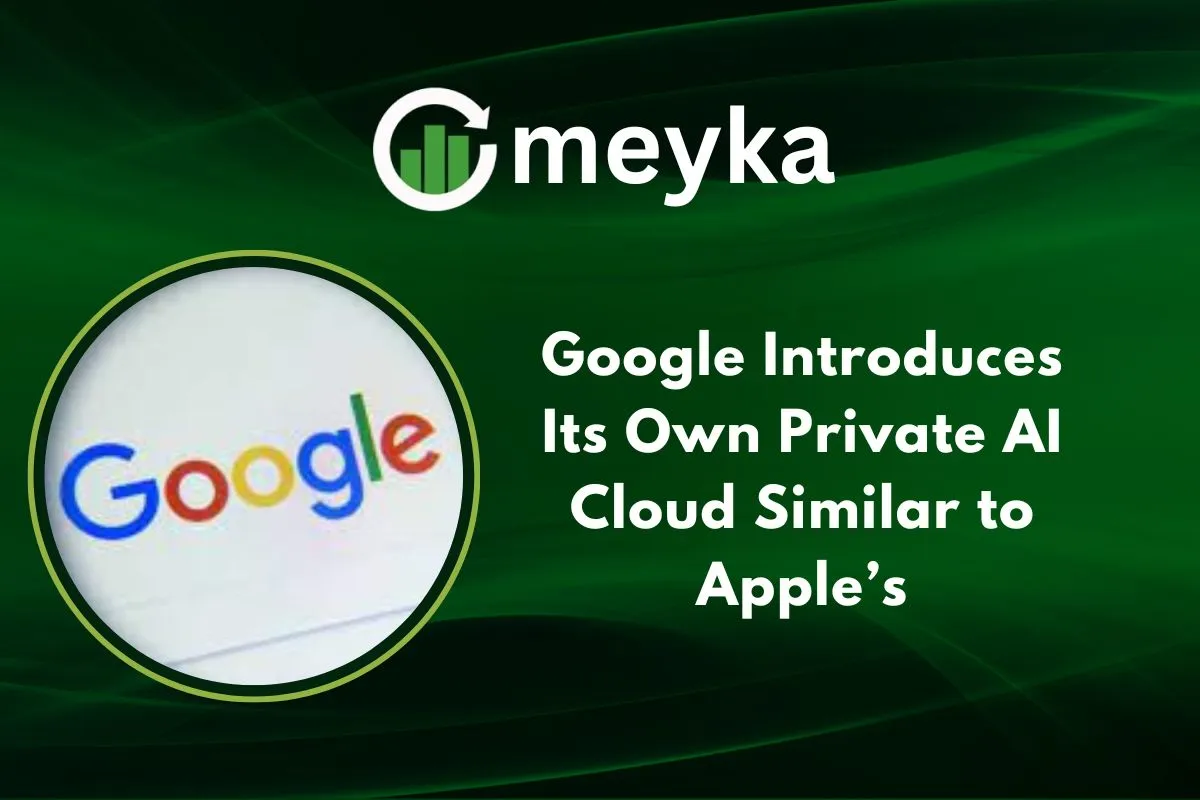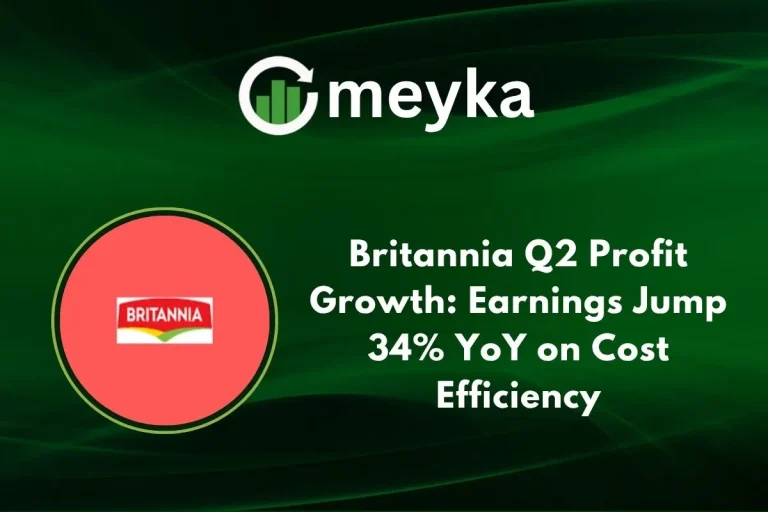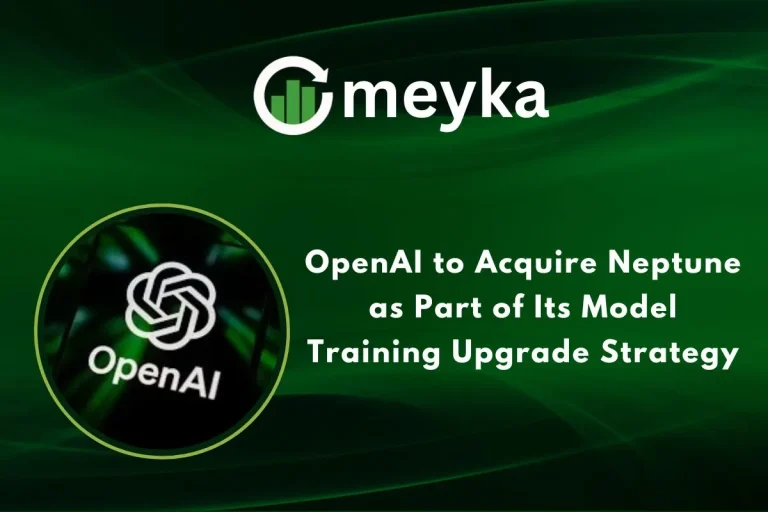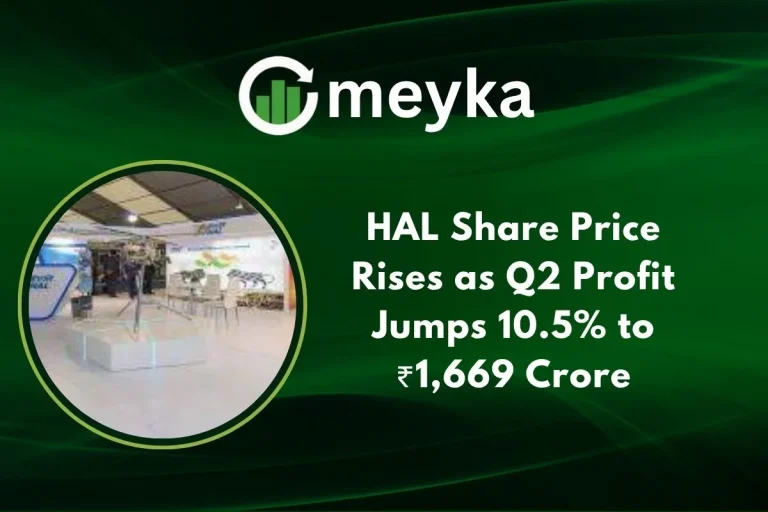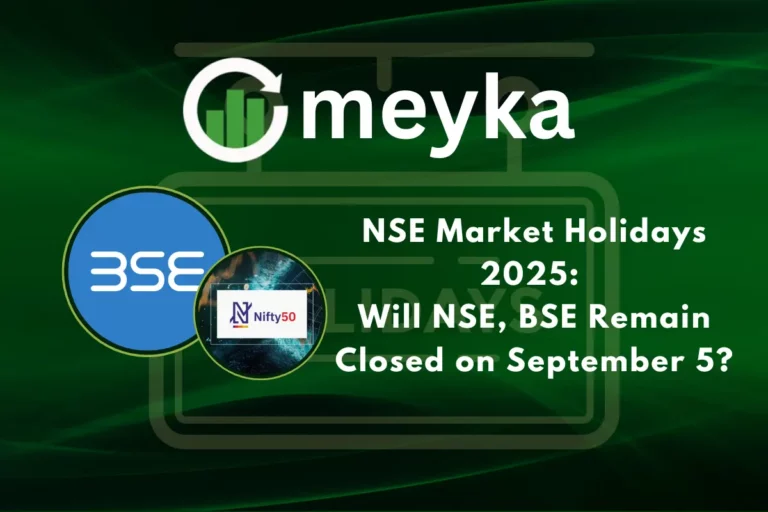Google Introduces Its Own Private AI Cloud Similar to Apple’s
We are watching a big shift in how AI gets done. Google just launched its new platform called Private AI Compute. It mixes the power of cloud‑AI with serious promises around privacy. While many AI features run partly on our phones, they often hit limits. Google says we no longer must pick between performance and privacy. Instead, we can have both.
Continue Reading on Meyka
This article is available in full on our main platform. Get access to complete analysis, stock insights, and more.
Read Full Article →